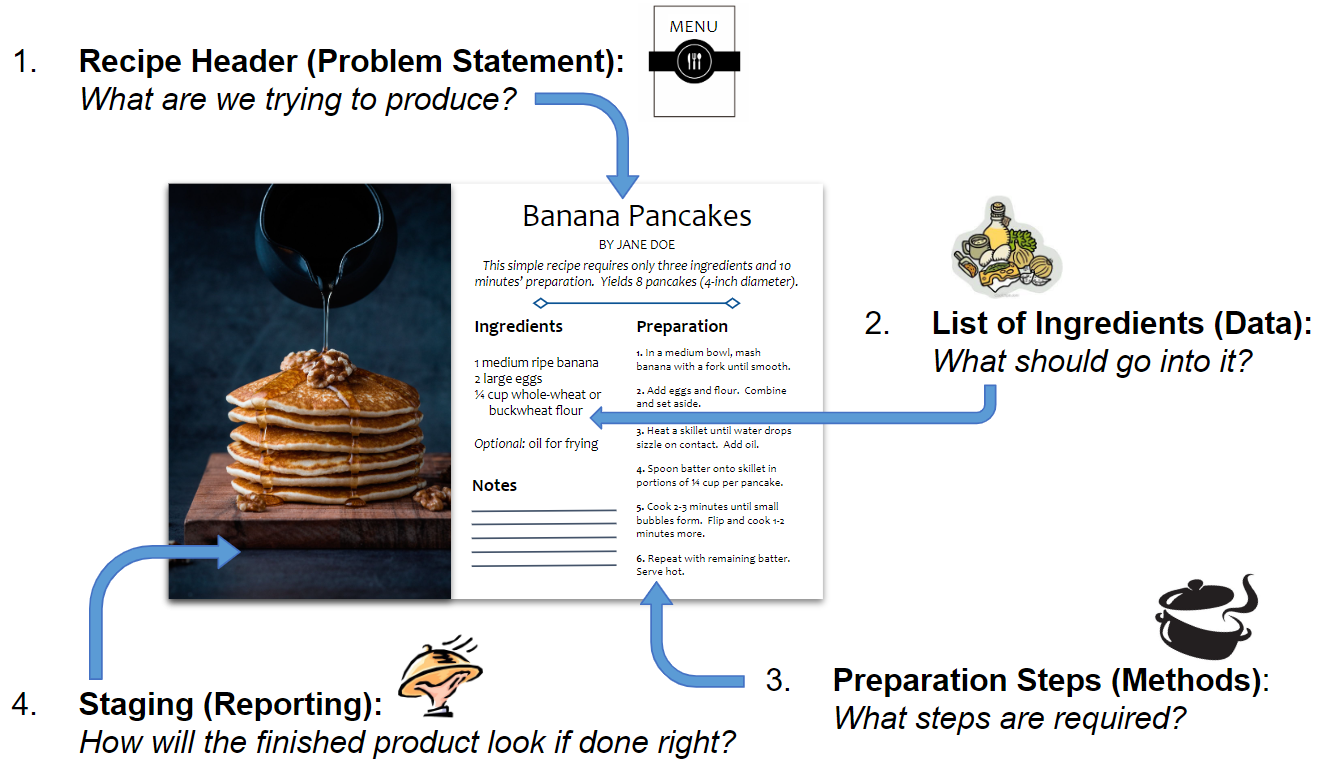Designing a Data Science simulation with MERITS: A Primer
arXiv preprint arXiv:2403.08971 (2024)
Abstract
Simulations play a crucial role in the modern scientific process. Yet despite (or due to) their ubiquity, the Data Science community shares neither a comprehensive definition for a “high-quality” study nor a consolidated guide to designing one. Inspired by the Predictability-Computability-Stability (PCS) framework for ‘veridical’ Data Science, we propose six MERITS that a Data Science simulation should satisfy. Modularity and Efficiency support the Computability of a study, encouraging clean and flexible implementation. Realism and Stability address the conceptualization of the research problem: How well does a study Predict reality, such that its conclusions generalize to new data/contexts? Finally, Intuitiveness and Transparency encourage good communication and trustworthiness of study design and results. Drawing an analogy between simulation and cooking, we moreover offer (a) a conceptual framework for thinking about the anatomy of a simulation ‘recipe’; (b) a baker’s dozen in guidelines to aid the Data Science practitioner in designing one; and (c) a case study deconstructing a simulation through the lens of our framework to demonstrate its practical utility. By contributing this “PCS primer” for high-quality Data Science simulation, we seek to distill and enrich the best practices of simulation across disciplines into a cohesive recipe for trustworthy, veridical Data Science.
